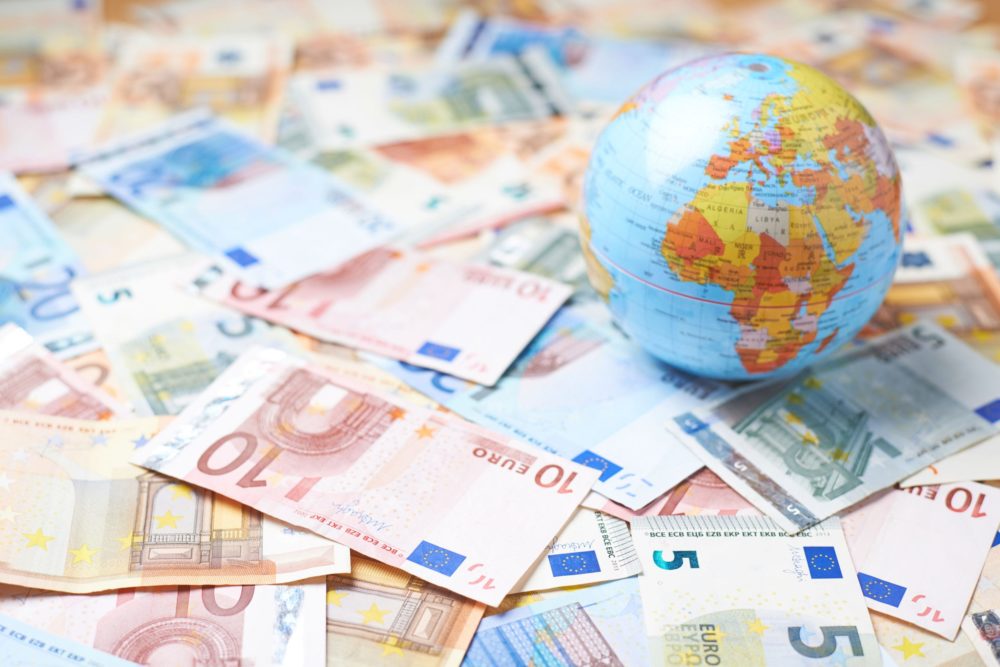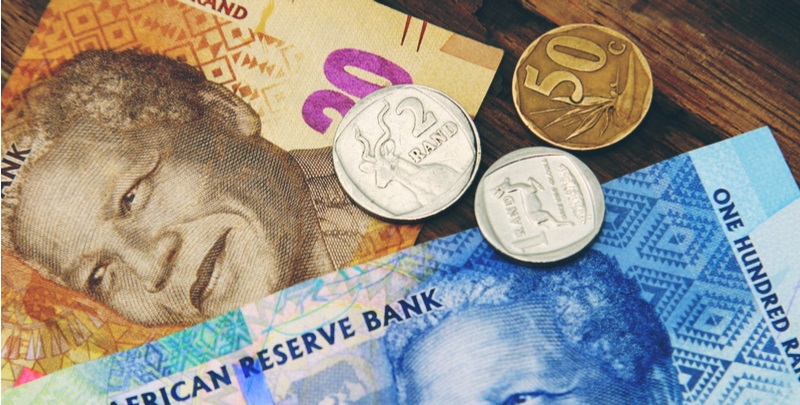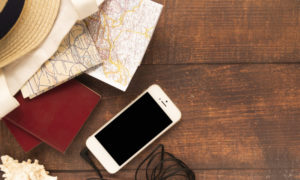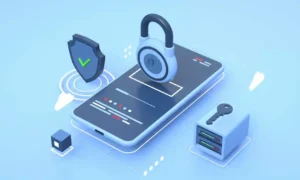When you are traveling, you need to know how to exchange your currency. You will have a currency in your pocket that you have collected from several countries from a long trip. You might need to exchange some currency before you leave for your trip, or you might want to exchange your cash when you get home. Use the tips below to exchange cash as you travel. Using conventional and unconventional methods will help you prepare for your travels.
Go To A Local Exchange Office Near Your Home
There are local exchange companies around the world. You could go to any exchange office that carries foreign currency, and you should ask for the specific coins or bills that you need. Local exchange offices tend to offer good rates, but you need to check those rates before you go to the office.
Exchange rates change all the time, and you should ask for the exchange rate when you visit any location that offers foreign currency. Local exchange offices are not the same as banks. These companies tend to offer money orders, currency exchange, cashier’s checks, and traveler’s cheques. For more information to know about this, click here.
Exchange Money In The Airport
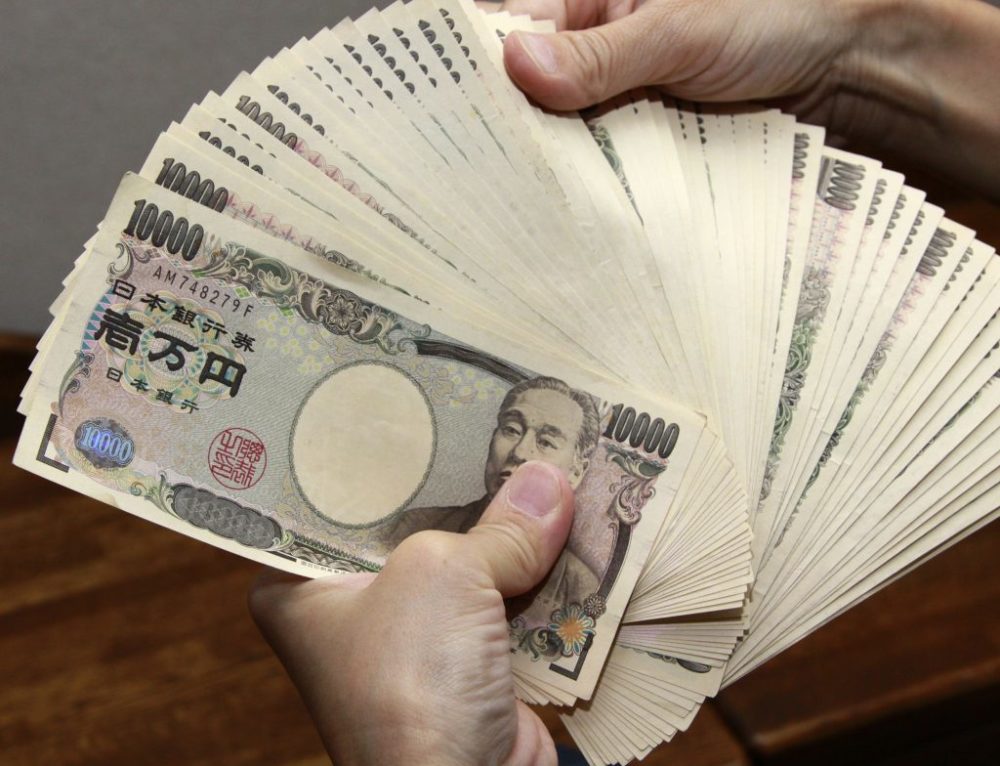
Image source: arabnews.jp
When you go to an international airport, you will find an exchange office that allows you to exchange small amounts of foreign cash. Of course, the target market in every country is the local currency. For example, the exchange office in the Toronto airport focuses on Canadian dollars whereas the exchange office at Hartsfield in Atlanta focuses on US dollars.
Some people are running for a connecting flight, and you can exchange rates as you pass by the airport window. You can stuff new currency in your pocket, and you can move on to your next location. You can exchange all your money at the airport, and you will not need to hold your money out in public when you arrive in a strange place.
Exchange Money In The Hotel
Some hotel chains have set up a bursar inside each location to help you with money exchanges. You can visit the bursar or concierge in the hotel with American dollars, and they will exchange for local currency only. However, you can exchange your money back to American dollars when your trip ends. You do not need to take a lot of extra cash out in public, and you could have the rest of your cash stored in the hotel safe.
Go To The Bursar On The Cruise Ship
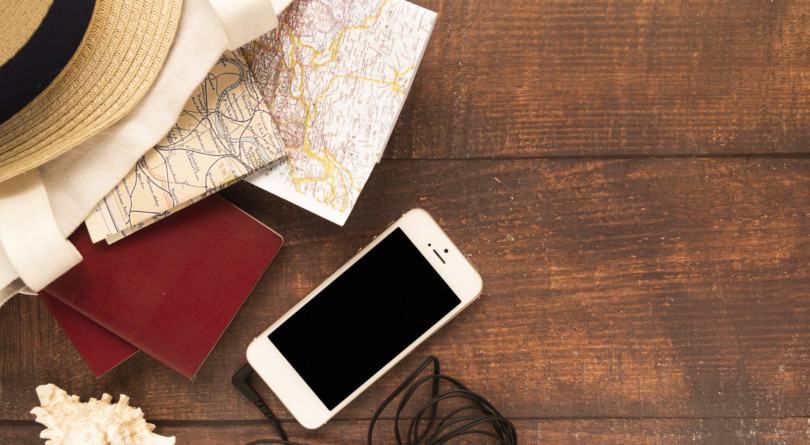
Image source: moneysense.ca
People who go on cruises around the world can use many of the tips on this list to exchange their money. However, a cruise ship has something that airplanes and trains do not have. The bursar handles money on the boat. You can exchange your cash with the bursar based on the exchange rates the cruise line offers, and you can exchange your money every time you go to a new country or principality.
As you get on the boat, you should set up an account with the bursar. You can spend your money in the casino on the boat, and you can exchange money every time you get back on the boat. Plus, you can exchange your currency back to American dollars when you dock at the end of your cruise.
Additionally, you can ask for a lockbox to store extra cash and valuables during your trip.
Go To The Bank

Image source: axioscreditbank.com
You can go to your bank or a partner bank when you get to a new location. Your bank will exchange money from your personal account, and a partner bank will exchange money because you hold an account back home. You might find a local bank that you believe will exchange your cash for a low fee, or you might ask the concierge at your hotel where to go.
Hotels and tour guides know which banks offer these services. Plus, you should ask local merchants which banks they use to exchange cash. Whether you know it or not, location merchants might accept American dollars that they will exchange later. The bank should post their exchange rates online, and you should ask the exchange rate when you enter the bank.
If you go to a bank that has access to your accounts, they can deposit that money into your account. You can deposit some money, walk away with cash, and you do not need to carry large amounts of cash around. Likewise, you can take money out of your account that will be turned into foreign currency.
If you can get a lockbox in the bank, you could leave extra cash and valuables in the box so that you are not carrying around too much cash during your trip.
Use A Money Order
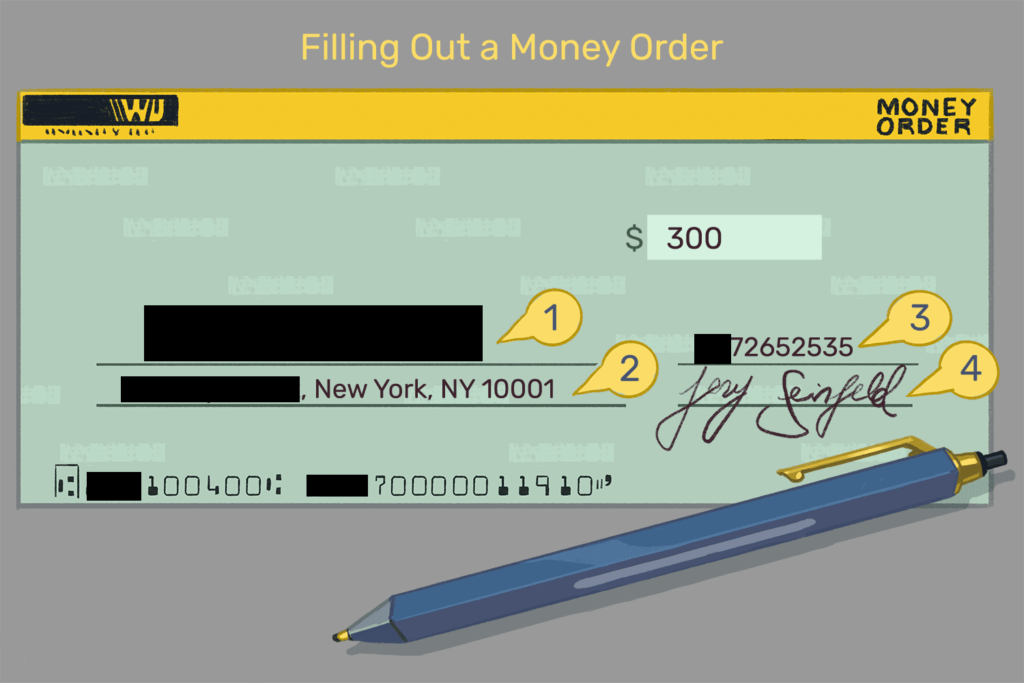
Image source: financesage.net
When you need to exchange foreign currency, you may need to make a bulk payment. Instead of exchanging cash for cash, you might want to use a money order. Some people search, “where can I get a money order” when they are traveling because they need to pay a personal chef, tour guide, or villa owner.
Money orders are a good way to exchange your money because the money order office has their own exchange rates. You can offer cash for a money order that will pay for anything you need, and you have effectively exchanged your cash with the vendor.
Some local tour guides, villa owners, or personal chefs require you to pay with money orders. Remember that a money order is just like cash. You need to hand it over as soon as possible, and you should keep the receipt so you know the value, when it was purchased, and what your exchange rate was.
Go To A Transfer Office In Your Current Location
Large cities around the world have foreign currency exchange offices. These companies may offer money orders, currency exchanges, and traveler’s cheques. However, they offer different exchange rates than you got at home. You can check the exchange rates online, and you should ask again when you go into the office.
Local transfer offices may be run by large companies, and you should research these offices before you enter. It is easy for you to exchange your money with a company that has a good reputation. If you cannot read reviews of the local transfer office, you should not go there.
Write A Traveler’s Cheque
When you write a traveler’s cheque in a foreign country, you are effectively exchanging currency during a purchase. You can write the traveler’s cheque for the currency in the country where you are traveling. The vendor will cash the cheque in the future, and they get the exact amount you have listed.
You do not exchange the money directly, but the company that issued the cheque will handle the exchange. If you bought traveler’s cheques that are marked with certain amounts, you need to work out a deal with the vendor before signing your cheques. Traveler’s cheques can be replaced if you lose them, and you do not need to use them during your trip. In fact, you could take a traveler’s cheques to a local merchant or bank to get the cash you need.
Ask A Local Merchant
When you are traveling around the world, local merchants may allow you to pay in American dollars. The American dollar has always been a sign of economic prosperity, and local vendors might take your American dollars instead of forcing you to use local currency. You will work out a deal with the vendor, and you pay the cash you brought from home.
The vendor exchanges the money later on, or they use that cash to pay for their expenses. You should not try to haggle local vendors about exact exchange rates. These vendors are allowed to set their prices anywhere they want, and they usually give you a discount if you pay in American dollars.
Local merchants may exchange cash for you because they have a fairly good idea of the exchange rate. However, you should not trust a local vendor implicitly. Look up the exchange rate so you have an idea of how much money you will get back. You can work out a deal with the vendor based on the information you have, and you will walk away with cash you can spend locally.
Conclusion
When you are traveling around the world, you must consider all the places where you can exchange your money. You can exchange your cash in the bank before you leave home, or you might go to a special office that offers foreign currency exchange. You can exchange your money at the airport when you are trying to catch a connecting flight, or you might visit the airport window when you land.
Go to a local bank that will exchange your cash, use traveler’s cheques, or pay American dollars when you shop with local vendors. Money orders are required by certain local vendors, and you should research exchange rates before you hand over your cash/coins.

